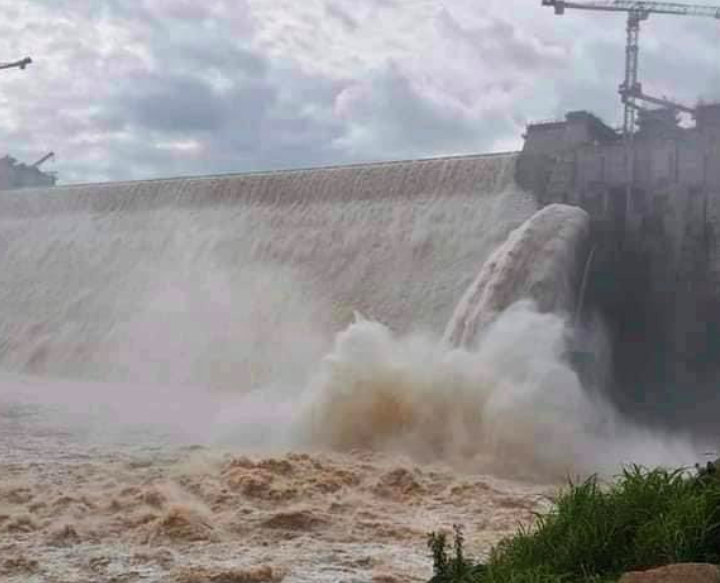Cape Town – The heart of the 2030 Agenda for Sustainable Development beats with a focus on food and agriculture, specifically addressing the crucial objectives of eliminating poverty, hunger, and malnutrition, sustaining natural resources, and responding effectively to climate change.
As a key economic sector #agriculture requires reliable water sources for increased crop production & to mitigate drought across #Africa. Download the Framework for Irrigation Development & Agricultural Water Management from https://t.co/HplJmGt3lD pic.twitter.com/1Ka7RGxYPd
— African Union (@_AfricanUnion) June 4, 2020
Furthermore, the AU states: “There is strong interest amongst policymakers at all levels to advance irrigation development and practices as a catalyst for economic and rural development, particularly given heightened farming uncertainties resulting from climate change.”
AWM, it contends, can be a swift response to mitigate the consequences of increased and more severe drought, leading to increased farming intensification, water, land, and crop productivity.
Aligned with the second Sustainable Development Goal (SDG#2) to end hunger, achieve food security, improve nutrition, and promote sustainable agriculture, AWM becomes a crucial element in achieving these aims. Doubling agricultural productivity and incomes of smallholder food producers are essential components, along with implementing resilient agricultural practices for sustainable food production systems. AWM, integrated with larger agricultural systems, plays a pivotal role in substantially increasing water-use efficiency across all sectors, aligning with the objective of “ensuring availability and sustainable management of water and sanitation for all” (SDG#6).
Follow African Insider on Facebook, Twitter and Instagram
Picture: X/@MillionZewde
For more African news, visit Africaninsider.com
Compiled by Betha Madhomu


